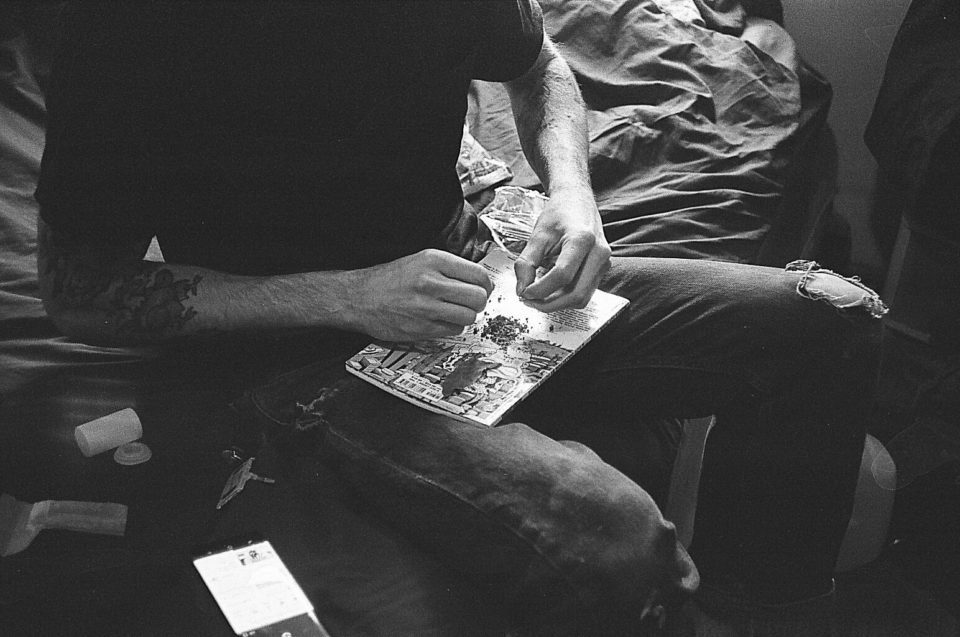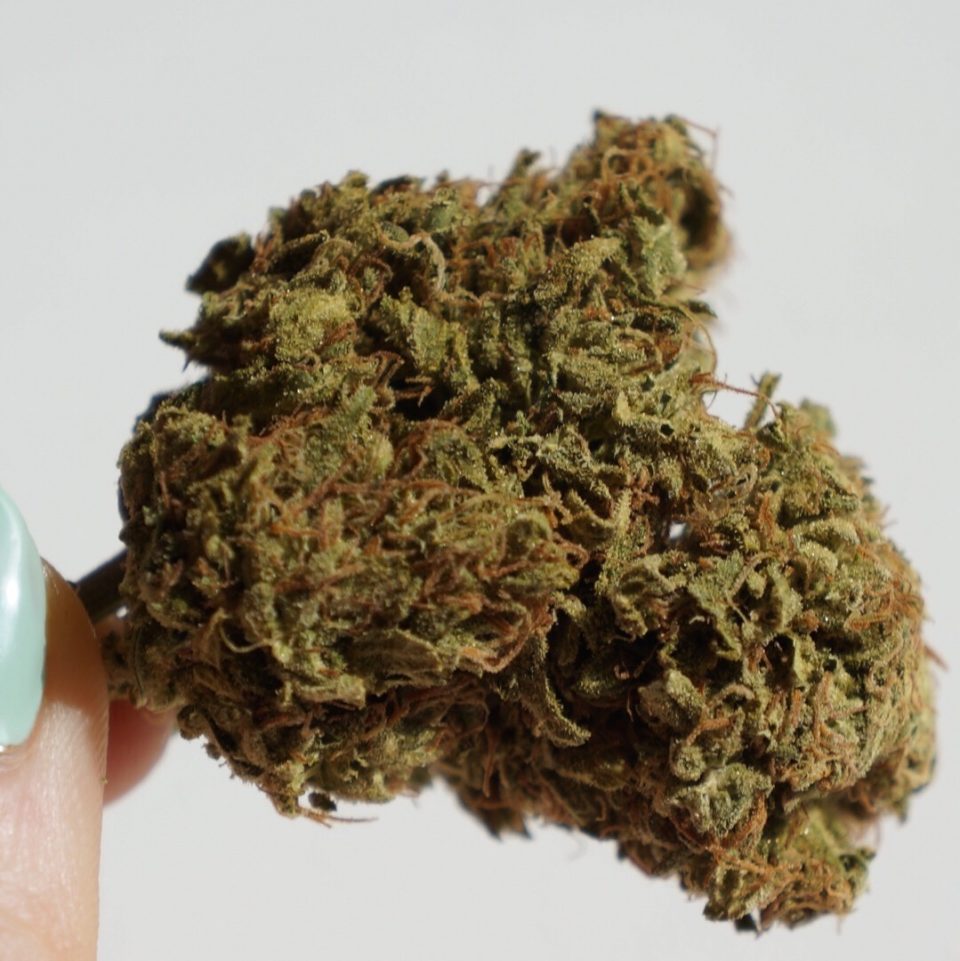The excitement surrounding the growth of the cannabis industry is contagious. Arcview Market Research anticipates North American sales to top $20.2 billion by 2021. Despite opposition from current Attorney General Jeff Sessions the future of the cannabis industry appears to be bright, unless, you are a person of color. Communities of color are still facing racial injustice within our criminal justice system. Anti-cannabis laws have targeted communities of color since the 1920’s and enforcement continues to rise despite overwhelming national support for legalization. To date, the medical use of cannabis is legal in 29 states including D.C. It is clear, the “War on Drugs” has proved to be a complete failure and has only served to destroy communities and families across the U.S.

NUMBERS DON’T LIE
The “War on Drugs” has been a waste of state and federal resources. Today, Latino and Black communities are subject to extremely disproportionate cannabis enforcement practices, despite similar use to whites. In fact, cannabis enforcement in New Jersey has been on the rise and the racial disparities are glaring. In the last decade alone, nearly 280,000 total cannabis possession arrests took place. Black New Jerseyans were three times more likely to be arrested for cannabis than whites. In Point Pleasant Beach, which recently banned medical and retail cannabis sales, Blacks were 31.8 times more likely to be arrested for cannabis possession than whites, the highest racial disparity of any municipality included in the study.
In the Garden state, we allocate $143 million per year and have spent more than $1 billion to enforce these laws in the past decade. The impact goes beyond wasteful spending, the collateral damage caused by a cannabis arrest is substantial: jail, job loss, a criminal record for at least three years, driver’s license suspension, up to $1,255 in fines and fees, and potential consequences for one’s immigration status, financial aid eligibility, access to public housing, and the ability to adopt children.
According to the New Jersey Policy Perspective, a responsibility regulated market could produce $300 in tax revenue. This new revenue source could purchase: 3 million textbooks for students per year, provide job training for over 45,000 unemployed New Jerseyans, create over 150,000 summer jobs, hire 2,800 school guidance counselors, pay for more than 12,000 inpatient drug treatment beds. In addition, the reduction in cannabis related enforcement would create opportunities for the criminal justice system to tackle more pressing issues.

DRUG-WAR REPARATIONS
States face complex challenges as they legalize and implement policies that will benefit patients, minorities and business owners alike. By the same token, states must not fail to restore communities who have been targeted by the “War on Drugs”.
Senator Cory Booker (D-NJ) has stepped to the forefront and introduced a comprehensive marijuana reform legislation, the Marijuana Justice Act of 2017. This legislation would create change on the federal level:
- Remove marijuana from the US Controlled Substances Act, thereby ending the federal criminalization of cannabis
- Incentivize states to mitigate existing and ongoing racial disparities in state-level marijuana arrests
- Expunge federal convictions specific to marijuana possession
- Allow individuals currently serving time in federal prison for marijuana-related violations to petition the court for resentencing
- Create a community reinvestment fund to invest in communities most impacted by the failed War on Drugs
While we anxiously wait for the Marijuana Justice Act of 2017 to gain tractions states have a responsibility to create opportunities for those who have been impacted by the failed “War on Drugs”. Major metropolitan cities, such as San Francisco have committed to building a diverse and inclusive cannabis industry with its newly enacted Equity Program. Similar to NJ, African Americans in San Francisco endured disproportionately higher felony drug arrests. Decriminalization efforts assisted in narrowing the gap but people of color still interact with the justice system at a far higher rate than whites. Data also suggests that the San Francisco cannabis industry skews disproportionately white and male, mirroring national trends. In response, the board of supervisors voted to implement an Equity program. The Equity program is open to people with prior cannabis convictions, low-income residents. Incubators are being developed where 30% of workers would have to qualify for the equity program.

Several municipalities including Jersey City and Asbury Park have declared their support for legalization of cannabis and could use the lessons learned by San Francisco and legislate an equity program within their borders. Incoming Governor Phil Murphy, clearly understands the disproportionate impact of these unjust laws:
“New Jersey’s current marijuana laws have failed our communities, primarily young people and people color, giving them a criminal record that in many cases prevents them from getting a job or an education, and stifling their futures. Moreover, it has wasted taxpayer money, with roughly $143 million spent annually to adjudicate 24,000 low-level, non-violent arrests. Instead, we should be providing treatment solutions to tackle our opioid crisis, ensuring law enforcement has the tools to protect our communities, and investing in public education.”
New Jersey could be the second state to legislatively legalize cannabis. This provides our citizens with a unique opportunity to have a direct impact on the development of the rules and regulations implemented in our state. It is critical we learn from the errors of other states and create an inclusive, diverse cannabis industry and put an end to the “War on Drugs”!
Rani Soto
Founder, I Deserve Canna
https://www.instagram.com/ideservecanna/
https://www.facebook.com/groups/ideservecanna/
You must be logged in to post a comment.